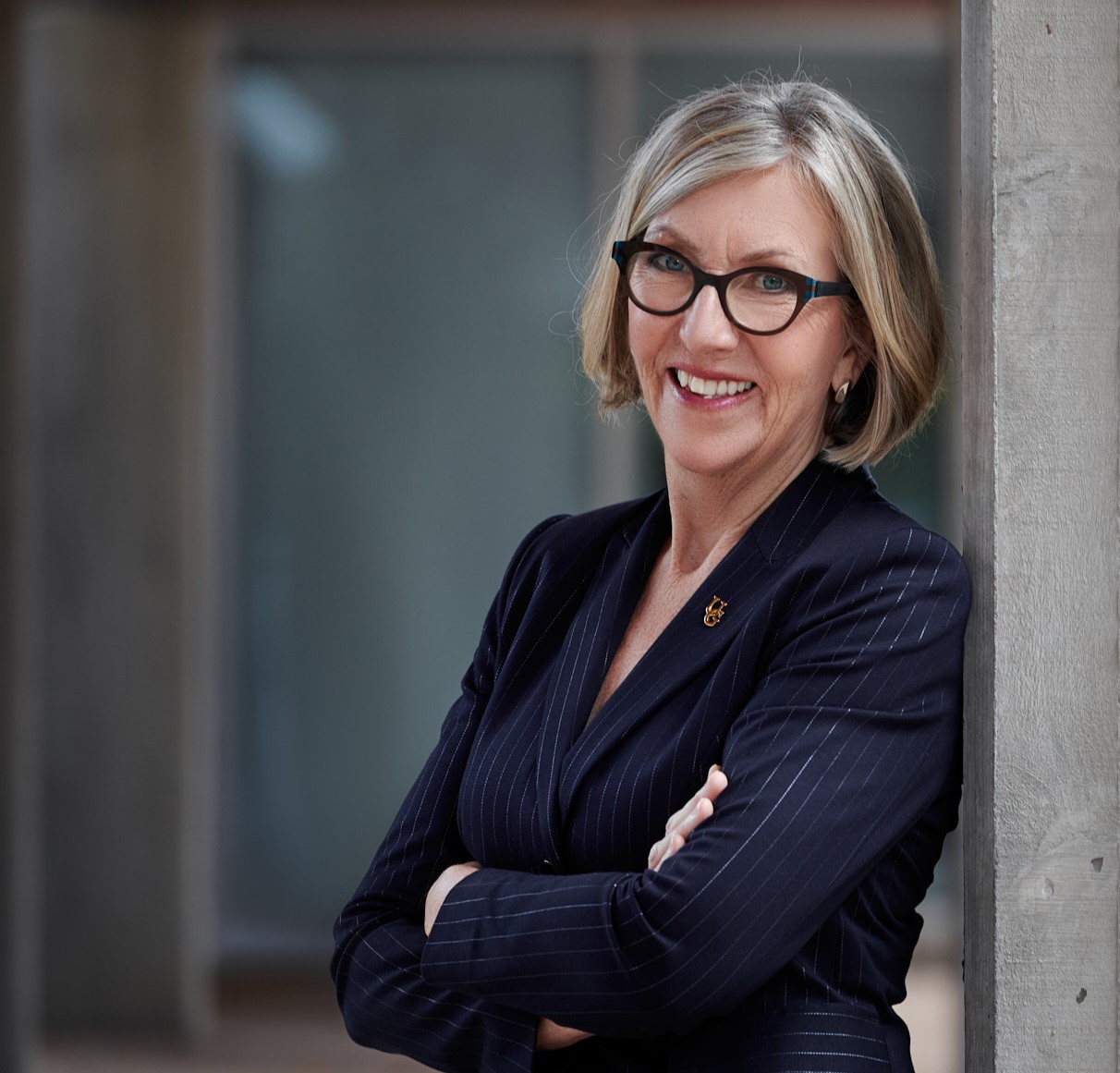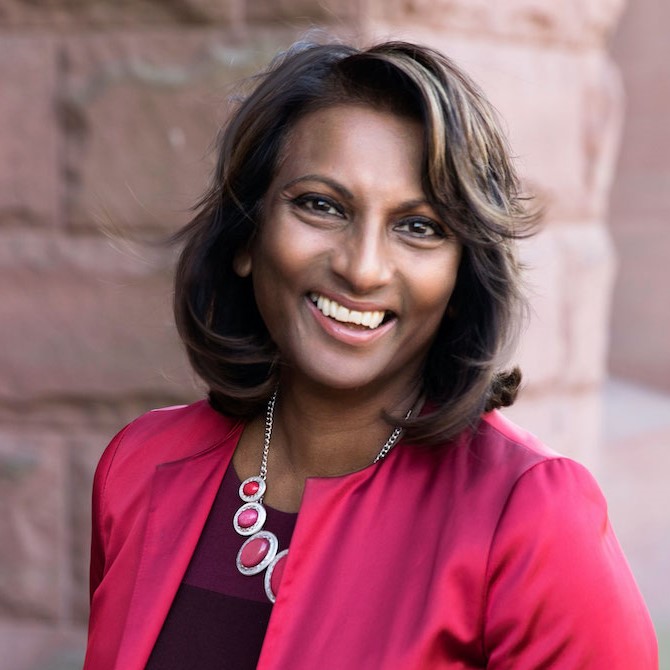The University of Guelph is proud to be named among Canada’s best employers for diversity, according to survey results released today by Forbes magazine.
U of G is ranked in the top six for universities surveyed on the list of Canada’s Best Employers for Diversity 2022. U of G also ranked among the top 50 employers overall for creating a welcoming environment for equity-seeking groups.
The results are based on a survey of 10,000 professionals working for organizations with at least 500 employees. Conducted in fall 2021, the survey covers 24 industry sectors including education.

“The University of Guelph is committed to providing a work environment where all staff feel they can grow, learn and thrive,” said president Charlotte Yates. “Equity and excellence are inseparable. The diversity of lived experiences and perspectives of our staff allows us to be both a welcoming and an excellent institution of higher education.”
Employees were asked to rate organizations in terms of age, gender equality, ethnicity, disability and LGBTQ2SIA+ issues. The survey also asked respondents how well their employer supports diversity and provides a welcoming environment for varied employees.
“This is exciting news and an important recognition of the University of Guelph’s ongoing commitment to supporting our community’s vibrant diversity through our tireless equity and inclusion efforts,” said Indira Naidoo-Harris, associate vice-president, diversity and human rights.
“We know that building a solid foundation of fairness and acceptance while celebrating the many identities that make up our U of G family is the key to innovation, success and excellence.”
Survey gauges employer engagement in diversity initiatives

The survey, conducted by Statista Inc. for Forbes magazine, also canvassed respondents about the gender diversity of their organizations’ senior executives and board directors and whether the employer proactively engages in diversity initiatives and communication among other things.
“Being named one of Canada’s top employers for diversity celebrates and acknowledges the important initiatives and work underway across our institution to create a sense of belonging for every member of our U of G family,” Naidoo-Harris said.
Equity, diversity, and inclusion (EDI) education efforts at U of G have expanded significantly in recent years with the development and launch of several resources to aid in applying an EDI lens to U of G processes and systems, including employment.
“Providing our community with the resources, and knowledge needed to embed equity, diversity and inclusion into U of G practices and processes helps build a supportive and welcoming workplace culture for everyone,” Naidoo-Harris said.
U of G invests in hiring more Black, Indigenous staff
Earlier this month, U of G unveiled a three-year, $3.6-million initiative to hire more Black and Indigenous staff members in curriculum, pedagogy and instructor/student support.
In addition, as part of the many commitments outlined in the Anti-Racism Action Plan, the University’s first ever Black Canadian Studies Minor will be offered to undergraduate students. This program explores the unique histories, experiences, communities and politics of Black Canadians and will engage with Black political and labour initiatives and Black creative expression in the arts.
In fall 2021, U of G introduced a Bachelor of Indigenous Environmental Science and Practice Program that was inspired by the Chippewas of Nawash Unceded First Nation. It emphasizes Indigenous knowledge systems alongside cutting-edge training in Western environmental science. Students work directly with Indigenous communities and organizations on projects, and learn from First Nations, Inuit and Métis Elders and Knowledge Holders. The degree program features field trips to Indigenous communities and organizations, land-based instruction, and participation in discussion circles and ceremonies.
Contact:
Kimberly Moser
kmoser@uoguelph.ca
